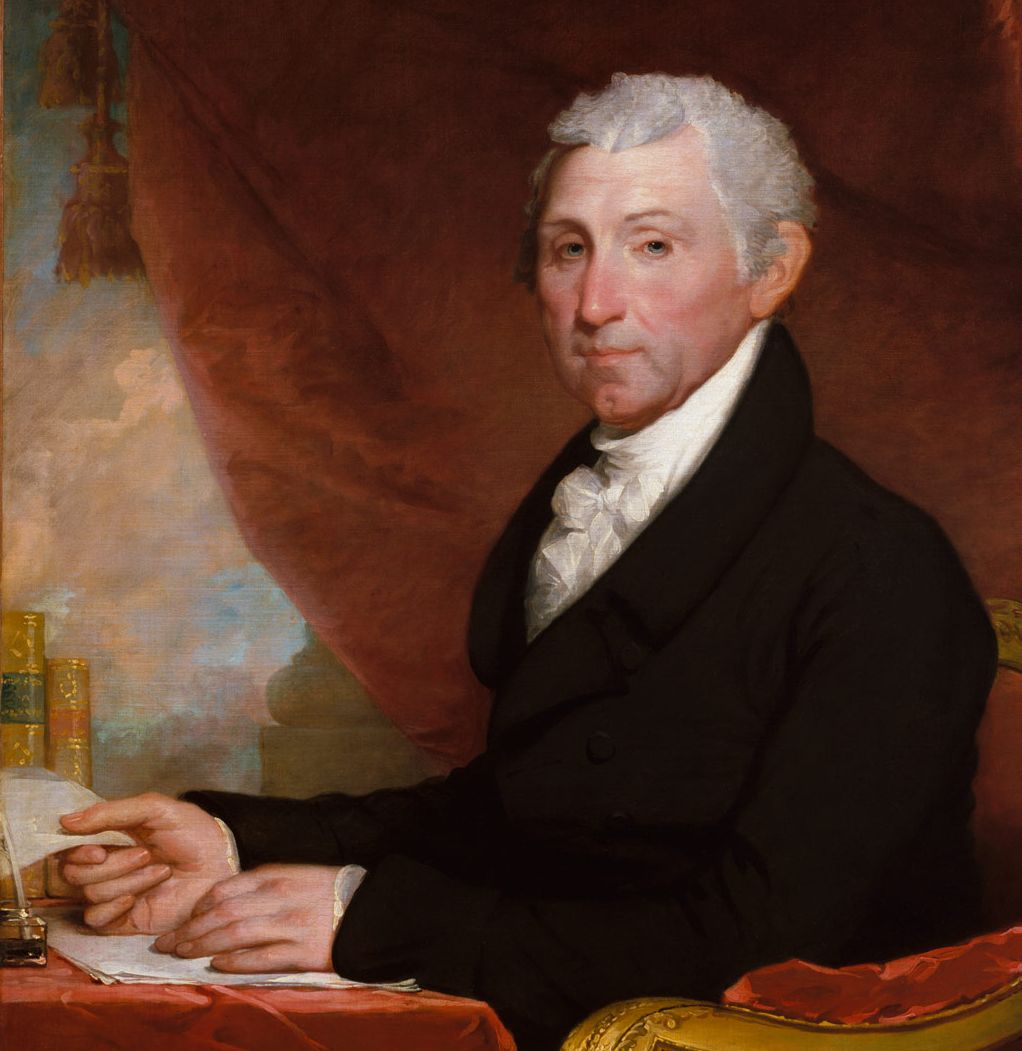Monroe was seen guilty of impropriety, not wrongdoing. But his reputation suffered.
-
February/March 2021
Volume66Issue2
The White House and its furnishings had been destroyed by British troops in 1814. To accompany the building’s restoration, Congress appropriated $20,000 for furnishings shortly before James Monroe’s inauguration in 1817.
Because the furnishings would take time to secure, the new president suggested that he sell to the government on the basis of two expert appraisals his own collection of furniture, purchased earlier in France and intended for private sale. He did not request immediate compensation, agreeing instead to await further congressional appropriations; should they not be voted, Monroe would reclaim the furniture and bear the costs of wear and tear.

This agreement was readily accepted by William Lee, auditor of the Treasury, and Samuel Lane, commissioner of public buildings, two friends whom Monroe had appointed to manage the Furniture Fund. Lane also, in effect, became a member of the White House staff and manager of Monroe’s personal accounts.
Contrary to his initial disposition, Monroe quickly borrowed against his furniture $6,000, probably to finance his celebrated 1817 northern tour — such semi-official trips at the time not being underwritten by the government — which he had expected to underwrite from the private sale of his furniture. The loan bore no interest, but was considered an advance against congressional appropriations. Monroe repaid the loan from personal funds in late 1817. But he had — if only briefly — put public funds to use for private ends.
Congress made new appropriations to the Furniture Fund in 1818 to make up deficiencies and provide additional sums. This time Monroe decided not to sell his furniture to the government but sought and received another advance, this time for about $9,000 (the value of the appraisal), to be returned when the new furniture arrived from abroad.
Monroe later explained that he did this wishing to protect his estate against his untimely death. He again used the advance for presidential travel. By 1821 he agreed to transform the advance from government moneys into an outright but provisional payment for his goods and to leave his furniture in public possession. He still intended, however, to seek approval of his actions from Congress and, if thwarted, to reclaim the furnishings and repay the government.
None of this would have come to light had not Lane died insolvent with $20,000 of public building funds unaccounted for. Moreover, it was discovered that Monroe was indebted to Lane’s estate because the deceased had advanced moneys in Monroe’s behalf (in one case to a dishonest White House steward) without his knowledge. Two inconclusive congressional investigations followed in 1822 and 1823; and Monroe, correctly viewing the Furniture Fund as a discretionary presidential fund over which he had full control, refused to attend committee hearings or to answer questions in writing. In any case, the Furniture Fund was never found to have any deficiencies.
Monroe’s conduct was questioned again in the hearings about Secretary William H. Crawford’s management of the Treasury when it was said without further substantiation that Ninian Edwards had claimed Monroe to be in his control through Lane. Monroe then asked for a full congressional investigation of his conduct and, when it was authorized in 1825, provided appropriate documents, along with a defense of his actions. But the House preferred merely to accept information and made no report of findings. Monroe’s reputation was thus not fully cleared. But if he was guilty of impropriety in the original matter, no evidence of malversation has ever turned up.
John Quincy Adams commented in his diary that the House investigation had humiliated the President, if not the presidency, and likened it to asking a “blooming virgin to exhibit herself naked before a multitude.” Adams may not have understood that the standards of expected political behavior were rapidly changing. The people now wished to know more about the lives and actions of their chief executives.
Monroe, the last president of the Revolutionary War generation, sensed this and was forthcoming but did not escape embarrassment.
Adapted from a longer essay which originally appeared in Presidential Misconduct: From George Washington to Today, edited by James M. Banner, Jr. Published by The New Press. Reprinted here with permission.

